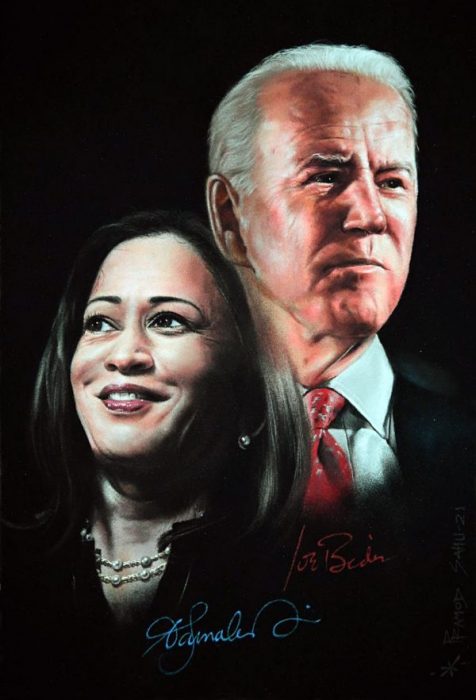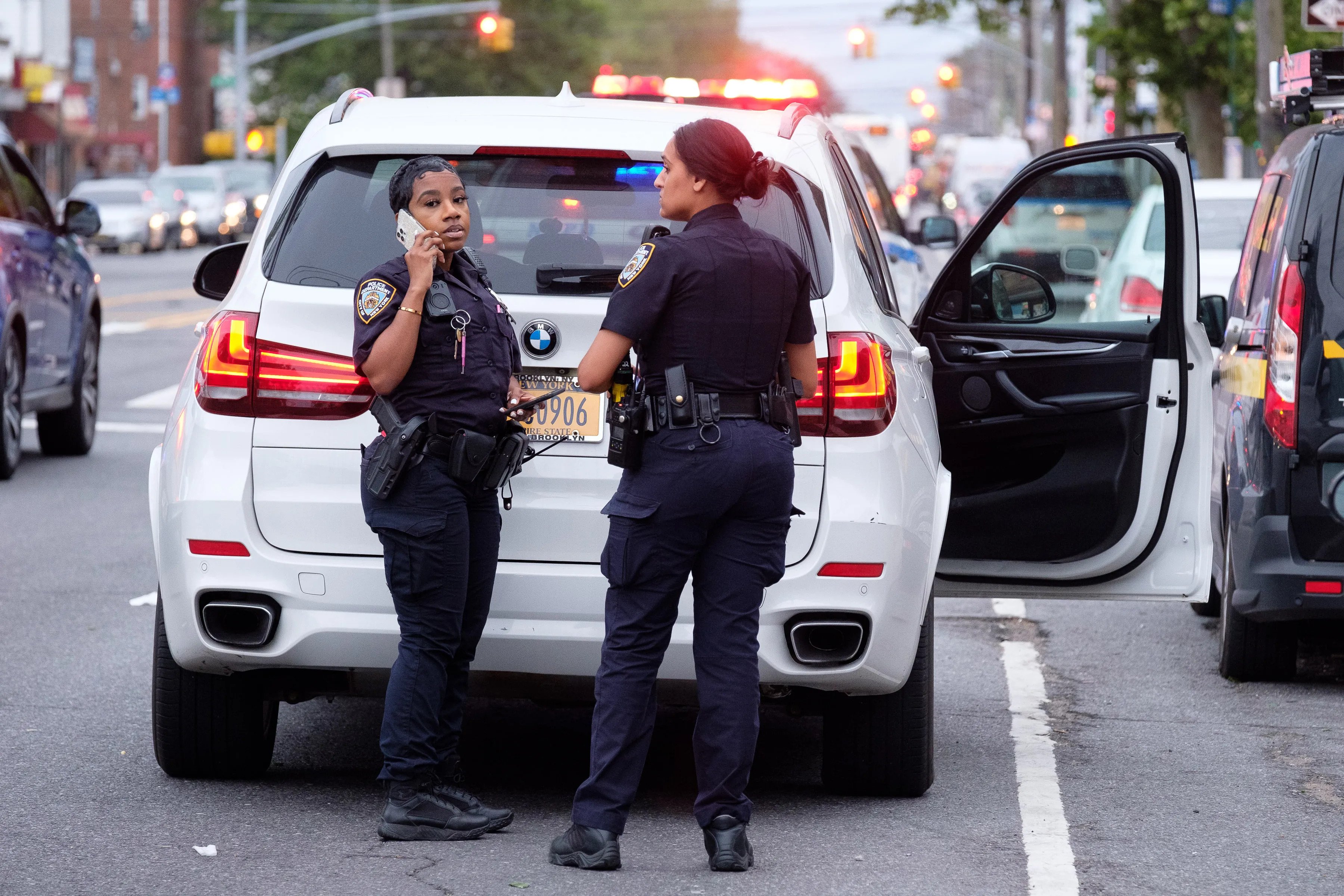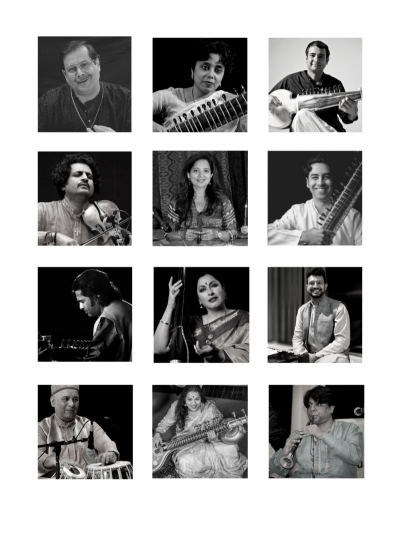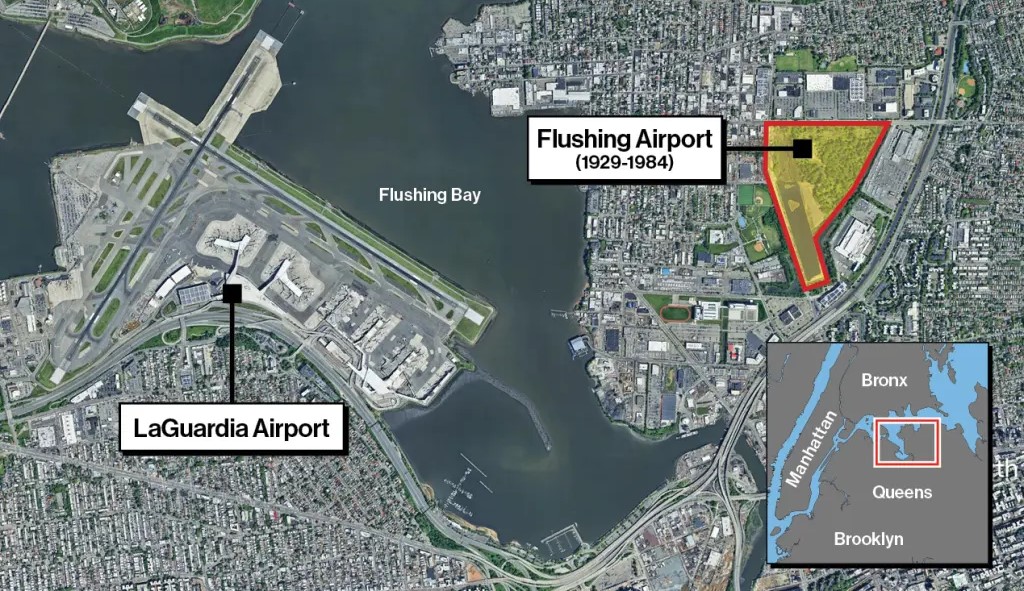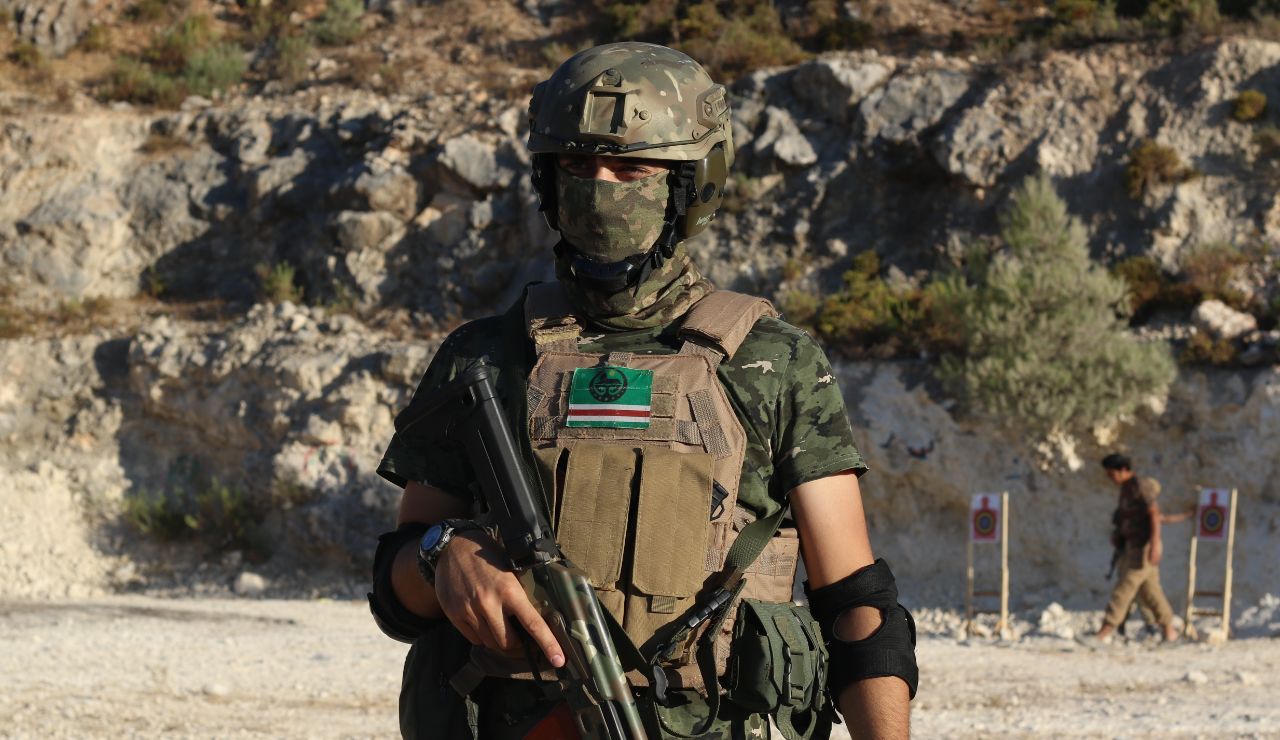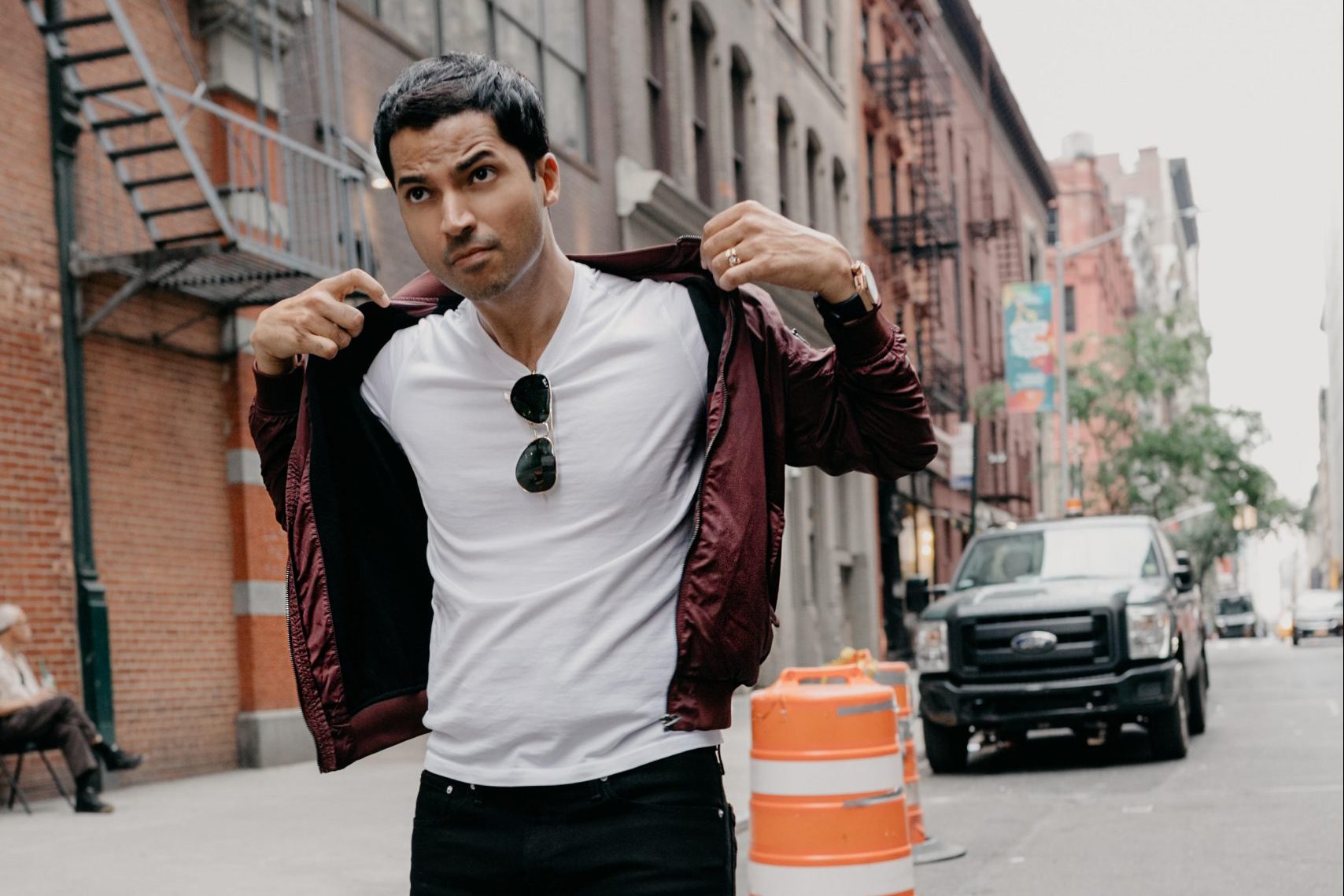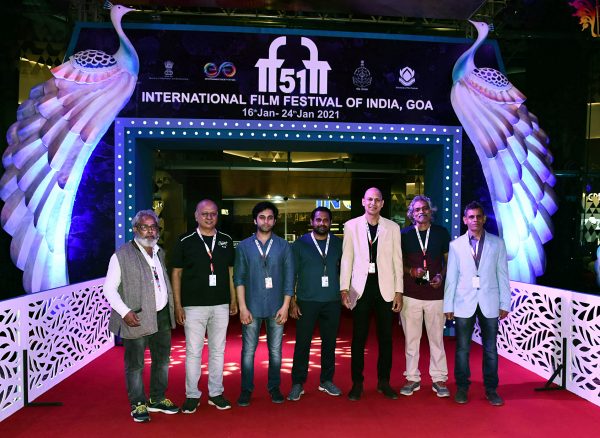Views and opinions from the top commentators in Indian media
“After the American carnage: New US President Joe Biden will need to heal and rebuild on so many fronts
Democracy has indeed won – but barely. The violent insurrection by Trump’s supporters two weeks ago, which left five people dead, shook America and the world. It led to Trump’s second impeachment in 13 months; no American president has ever been impeached twice before. As he exited the presidency, a churlish Trump did not attend his successor’s inauguration. He took off for Mar-a-Lago, his estate in Florida, after a small leave-taking ceremony for his aides at Andrews Air Force Base (AFB) in Maryland.
Even legislators in his own party were keen to see Trump go. Outgoing Vice-President Mike Pence did not go to his send off. Neither did Mitch McConnell, Republican of Kentucky, who had been the Senate Majority leader under President Trump and had supported him in many decisions. Nor did Kevin McCarthy, Congressman from California and the Republican minority leader in Congress.”
— Saswato R Das, The Times of India
Covid-19 Vaccine
“Let us review the decisions regarding the vaccine through these two prisms. The regulatory approval has been faulted on all the three counts of transparency, but primarily on the first criteria — the one related to the availability of data on safety and efficacy of the approved vaccines in public to enable a free and fair discussion among all stakeholders, and not just scientists and experts. The evidence regarding at least one of the vaccines had not yet been vetted by peers and there was no debate in the public. The Subject Expert Committee probably had a good discussion, but its details are not in the public domain. Finally, the decision was itself couched in terms which was not understood by large sections of people, including public health experts. Even though the government issued a clarification, the fact that it was compelled to do so says something — this situation was eminently avoidable.”
— Anand Krishnan, The Indian Express
Farmers Agitation
“An even greater threat from the failure to arrive at an agreement is it will increase the possibility of a violent confrontation between the Delhi police and the farmers on January 26. This is something that the farmers cannot afford, now that the government has put the farm Acts on hold, because it will cost them much of the public support they now enjoy.
But there is an even greater price that the country will have to pay if the farmers do not accept the government’s offer. This will be a substantial weakening of the RSS in relation to Modi and his extremist base of support in the Sangh parivar. This is because the government’s decision to stay the implementation of its farm Acts by 18 months did not emerge from second thoughts that Modi may have had on it, but from an unambiguous directive issued by the RSS.
The government’s decision came within 24 hours of a categorical statement by RSS general secretary Suresh (Bhaiyyaji) Joshi, the second-in command in the organization, that “a middle ground must be found and both sides must work to find a solution”.
— Prem Shankar Jha, The Wire
Religious Conversion
“It, therefore, appears after a reading of these debates that while members of the Constituent Assembly held differing views on how the issue of mass conversions ought to be addressed, they at least seemed to be in agreement on protecting the individual’s right to convert. It was an integral part of one’s freedom of conscience. Barring ‘fraud’, ‘undue influence’, and ‘violence’, they did not conceive of many other restrictions on this right either. Importantly, none of these amendments made it to the text of the Constitution. Article 25 of the Constitution, as it stands today, only subjects the right to change one’s religion to restrictions of decency, public order and morality, and to the other provisions of Part III.
While mass conversions can arguably be regulated under the restriction of ‘public order’ (although there remain concerns about the social legitimacy of such measures), it seems unlikely that same restriction would also extend to individual conversions. By blurring the line between the two and encroaching upon the right guaranteed under Article 25, the State has, in turn, also complicated how secularism plays out in society.”
— Dhruva Gandhi, The Print
Every week, we look at what the top commentators in the Indian media are talking about and bring to you a slice of their opinions and comments
















